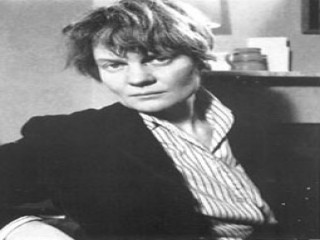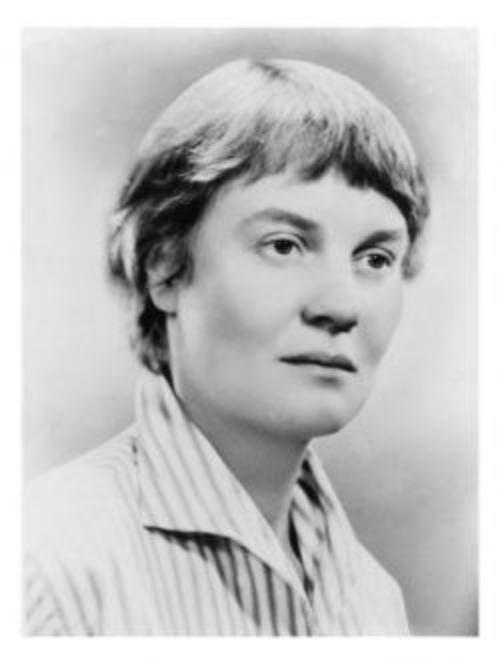


(It formed the basis of the 2001 movie Iris, with Kate Winslet and Judi Dench sharing the star role Bayley got Hugh Bonneville and Jim Broadbent.) In the years following her death, in 1999, that image was upended first by Peter J Conradi, who chronicled her numberless affairs in his 2001 biography Iris Murdoch: A Life, and by a brisker-mannered though illuminating memoir by her friend – and original choice as biographer – AN Wilson. While she was still alive but suffering from Alzheimer’s disease, her husband, the critic John Bayley, published a portrait of the writer as sweet, saintly and monogamous. Murdoch’s personality has been endlessly prodded and picked over. Hugo adds, “We must be ruled by the situation and this is unutterably particular.” “All theorising is flight,” says Hugo Bellfounder, the charismatic scion adored by the layabout narrator, Jake Donaghue, in her first novel, Under the Net (1954), one of six now being reissued by Vintage for the anniversary of her birth. She was a practising moral philosopher ( The Sovereignty of Good, 1970 Metaphysics as a Guide to Morals, 1992) and a scholar of Plato ( The Fire and the Sun, 1977) whose fiction exhibits a profound suspicion of intellectual confidence.

She invoked the highest standards for artistic practice, yet wrote quickly and copiously – 26 novels in 41 years – and always resisted editing.

Born 100 years ago in Dublin, she was raised in London, an only child in what she called “a perfect trinity of love”, yet she pursued a life of solitude, romantic intrigue and neurotic ambition. What was Iris Murdoch like? She seems to slip so easily from view.


 0 kommentar(er)
0 kommentar(er)
